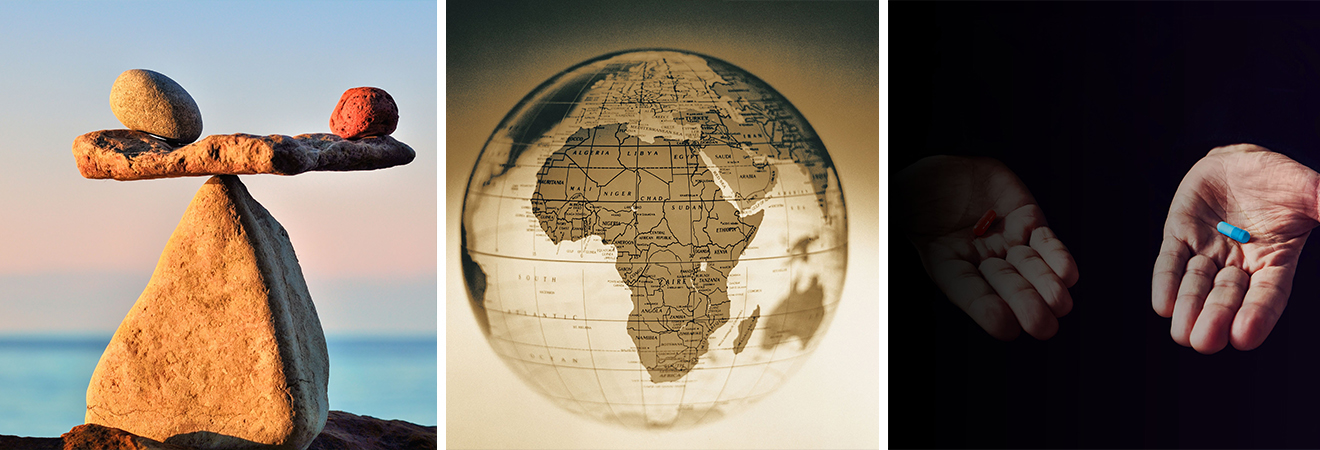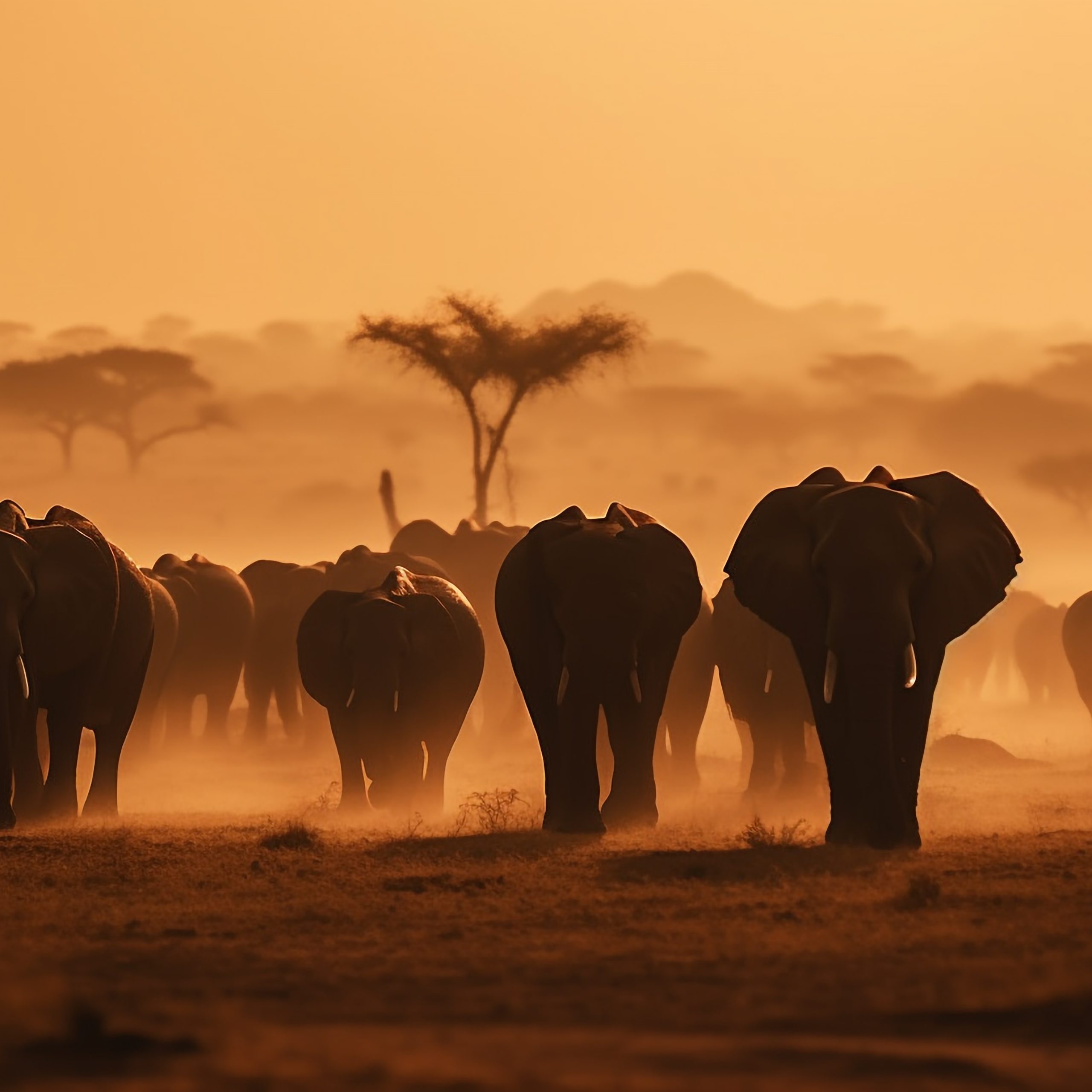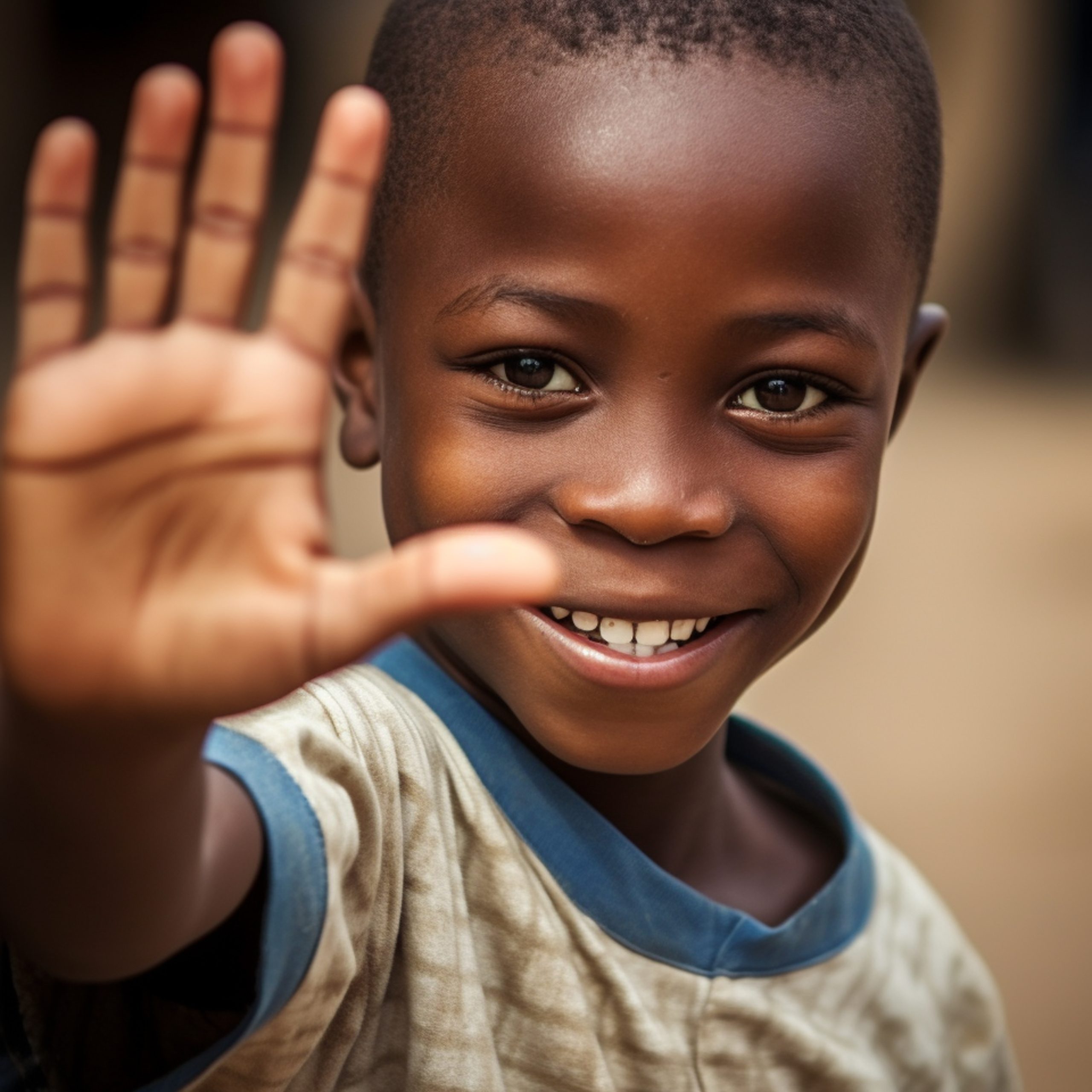Unlocking DRC’s Potential : Striking a balance between Strategic partnerships and safeguarding its interests
In recent times, the global spotlight has shifted towards Africa as the West seeks to strengthen partnerships and invest in the continent. For decades, China has dominated its presence in Africa, signing mining deals, building infrastructure, and importing goods and recently Russia has started printing its footprints in Africa while the US is also present in the African continent. Russia is the chief arms supplier to Africa, accounting for 40 percent of African imports of major weapons systems between 2018 and 2022. This has been higher than the total arms imports from the United States (16 percent), China (9.8 percent), and France (7.6 percent) during those years. However, a new wave of African awakening is challenging the status quo, with many African nations questioning the presence of former colonizers, particularly France, in their territories.
In countries like Burkina Faso, Niger, and other French colonies, locals are expressing discontent with the continued dominance of French influence. Despite gaining independence, these nations still grapple with the strong presence of former colonizers making decisions on their behalf, often prioritizing their interests over the well-being of the local populations. While DRC has made some deals in mining and is not benefiting from those so-called “equal partnerships” instead DRC is being ripped in those deals that were signed with China during Joseph Kabila’s mandate and another giant deal with Dan Getler in the mining sector. The West, in response to its geopolitical agenda, has been actively discouraging African nations from engaging in business with China and Russia. This stance, however, raises questions among Africans who recognize that Russia has never colonized their continent and has supported the rise and development of African nations.
This article focuses on the Democratic Republic of Congo (DRC), a nation rich in natural resources, including vast forests and biodiversity. The DRC faces a critical decision in determining which partnerships to trust, especially from the West, given a history of exploitation and abuse. As the DRC aims for reform, the question arises: Should the nation pursue development through strategic partnerships with the West, or risk becoming more controlled by partnering with external powers?
The DRC’s abundant natural resources have been both a blessing and a curse. Malicious deals have led to corruption, violence, political turmoil, and widespread poverty, leaving the country among the richest yet poorest with a GDP per capita of US$837 in 2019. In 2005, 94% of the Congolese were surviving on less than US$1.90 a day, and US$2.15 a day in 2022. The DRC is awakening to the need for strategic and mutually beneficial partnerships with relevant stakeholders, balancing development with the well-being of its population.

The challenges of the DRC and how it can improve the livelihood of its 100 million population with the right partnerships
The characteristics of a country’s population can shape its long-term social, economic, and political foundations; thus, understanding a nation’s demographic profile indicates its development prospects. To navigate this delicate situation, the DRC must prioritize effective leadership, ending conflicts in the eastern regions, stabilizing the currency, investing in education, and fostering the creation of a middle class. The absence of a middle class impedes progress, and the DRC needs to bridge this gap to advance as a nation with a good governance strategy. Governance in DR Congo is characterized by networks of rent-seeking political, military, and economic elites that direct and organize the abundant natural resources of the country to serve their ethnic and regional allegiances rather than for sustainable development while tackling the informal economy in the process.
There are several definitions of an informal economy but it is generally considered as a set of economic activities that are not subject to taxation and other regulations. The informality rate in the DR Congo is one of the highest in the world which increases corruptive deals that are driven by self-interest. According to the World Bank, the share of the informal sector in total workers in the country is 81.5%. According to the Trade Union Confederation of the DR Congo (La Confédération Syndicale du Congo), only 2.5% of workers are employed in the formal sector. In other words, the informal sector accounts for 97.5% of all workers in the country, above the average for sub-Saharan Africa estimated at 89.2%.

Furthermore, Agriculture is the biggest sector besides mining which is also an economic-driven sector of the country, with 90% of available land to harvest. Over 60% of the DRC’s population relies on agriculture for survival. Strategic agricultural deals with the government and reputable NGOs can transform the sector, ensuring that partnerships are mutually beneficial. Organizations like the United Nations, with agencies such as IFAD, FAO, and WFP, play a significant role in the country’s agricultural landscape. The DRC must leverage these partnerships to uplift its agricultural sector and improve the livelihoods of its people, especially small-scale farmers who are more sustainable than the giant multinationals that are investing in the country. The Democratic Republic of Congo aims to invest $6.6 billion over ten years in its Agriculture Transformation Programme (PTA) to fulfill its commitment to becoming Africa’s breadbasket. The announcement was made at the “DRC Agribusiness Forum”, held on 4th and 5th October 2023 in Kinshasa (ADB, 2023).
There are many concerns that are hindering the development of the DRC. While numerous stakeholders are engaging in business negotiations with the country and its assets, the population is voicing speculations about whether the leaders are prioritizing deals that benefit the nation or themselves. This resurgence of distrust towards both the government and external stakeholders poses a significant obstacle to the nation’s progress. Despite these challenges, there remains a sense of hope among the Congolese people. The second mandate of Felix Tshisekedi, inaugurated on January 20th, brought forth numerous promises. The Congolese people’s optimism is not solely reliant on political rhetoric but on concrete actions that translate promises into reality. Transparency in the government’s dealings with external stakeholders and the responsible management of the country’s resources are essential to rebuilding trust among the population.
Despite the historical distrust of Western influence, the DRC cannot afford to isolate itself in a globalized world. Striking a balance between strategic partnerships and safeguarding its interests is key. The government must work towards building trust and ensuring that partnerships contribute to the country’s development while acknowledging the interconnectedness of our global community.
As the DRC charts its path forward, it faces the challenge of overcoming historical distrust while embracing globalization. The nation holds valuable resources needed globally, making strategic partnerships essential for its development. By prioritizing the well-being of its citizens, fostering transparent and mutually beneficial agreements, and actively engaging with international organizations, the DRC can navigate these challenges and emerge as a developed, prosperous nation in the future.



